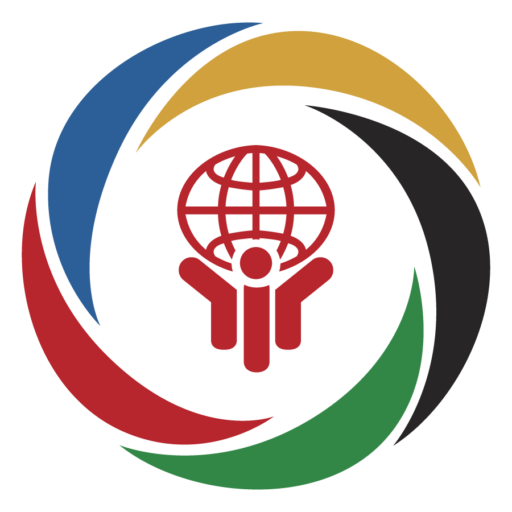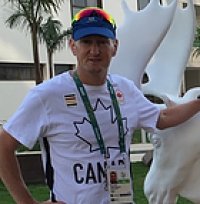PRESIDENT’S MESSAGE
Dr. Robert Schinke Jul 05, 2018
Dear ISSP Members,
Our Managing Council has just returned from Daegu, Republic of Korea, where we were hosted graciously by the Asia South Pacific Society of Sport Psychology (ASPASP). While there we engaged in our first Managing Council Meeting since being appointed as your current leadership. From this meeting, we have a few important items to share with you, that hopefully you find progressive and exciting.
The first among these is that with the support of the managing Council, there is now a Presidential Ad Hoc Committee focused on “diversity in action”. This newly minted mandate will push this society to begin to think about diversity as an undertaking with a breadth of possibilities. There is an on-going hashtag movement in our global society, through which people are becoming more mindful that certain individuals and groups have been taken for granted historically. Women have not been paid a fair wage in the performing arts. Taken to sport and exercise psychology, we could easily deflect such marginalization as inapplicable, if only that were true! For more than 20 years, female scholars have pointed out that there exist less opportunities for women than men in our field. I agree with this belief, and in my recent ASPASP International Keynote, I attempted to extend this discussion to several marginalized identities that people speak of in relation to sport participation. Preferred and non-preferred identities relating to sexual orientation, nationality, ability, age, body type, education, race, ethnicity, and many further examples are what is found in sport and physical activity contexts. The people we work with, much as us, are diverse, unique, idiosyncratic, and we are all valuable.
Sport and exercise psychologists need to begin to consider how we can encourage the aforementioned voices so that they may come to the foreground, supported, loved, and heard. This field is sometimes a gatekeeper to identity centralization and marginalization through the words and actions we support and also when we tend to overlook forms of silencing that cost people their mental health through the very contexts we are meant to promote. The ISSP Ambassadors Program is one potential antidote to information exchange barriers among countries that are emerging into our fray and those we have centralized, some of these with well-established sport psychologies, envisioned in ways that must be learned from.
The International Society of Sport Psychology Registry (ISSP-R) is well on its way to becoming a reality, where it will flourish for many years to come. Recently we partnered on a multi-societal position stand on accreditation, graciously published by Psychology of Sport and Exercise. Embedded in the position stand, the reader will find that four international societies are beginning to take on matters of inclusiveness, but how are we to make these mandates actionable and beneficial to the consumer? The answer to this question centers on our belief that cultural training, when embedded in an accreditation, must be localized, requiring a partnering with regional societies, so that vaster societies such as the ISSP better understand issues relating to language, ethnicity, and local practices. However, at the same time, collectively, it is our responsibility to look for situations where certain people are being privileged or overlooked and engage at local levels so as to ensure that shared programs where the ISSP is involved have an equal place for all people. When challenges in such environments arise, we must become better agents of change
Each year, the International Society of Sport Psychology is also involved in meetings. One of these meetings is for our Managing Council to do its work in person for several days. As part of our ad hoc committee, we are re-examining what sorts of values we are looking for in a host society or group. Are people being treated well in that location across the board? Will our members, given their identities, be treated with dignity? There are opportunities before and during each time the ISSP puts its feet on the ground as a MC to advocate for social justice. These opportunities also extend to when one of our invited MC members arrives and engages in cultural exchanges with a host site. The ISSP is a leader in sport psychology, as the field’s oldest society. We also travel worldwide for our congress sites. Those are forms of inclusiveness we need to applaud. However, we can do much better, and we intend to. The coming year will be one of actions where we push our own boundaries, stretch our standards in terms of what we are looking for from partnering organizations, and also shortly, from our practitioners. These expectations will permeate into every part of the society from our journal, to places in our committees, onward. Hence, I wish to remind our members that we would benefit greatly from your engagement with our society. One way to engage is by reaching out to the various committee chairs found in our organizational chart. Recently, a few members engaged from Malaysia and these people are being welcomed into the fold. Where will your contribution be? You, too, need to be an agent of change, in this case, in the ISSP. We will embrace your diversity and await eagerly for your engagement.
Robert Schinke, EdD, CRC, Fel. AASP
President of the International Society of Sport Psychology


